Home>Home Maintenance>When To Do A Home Inspection On New Construction
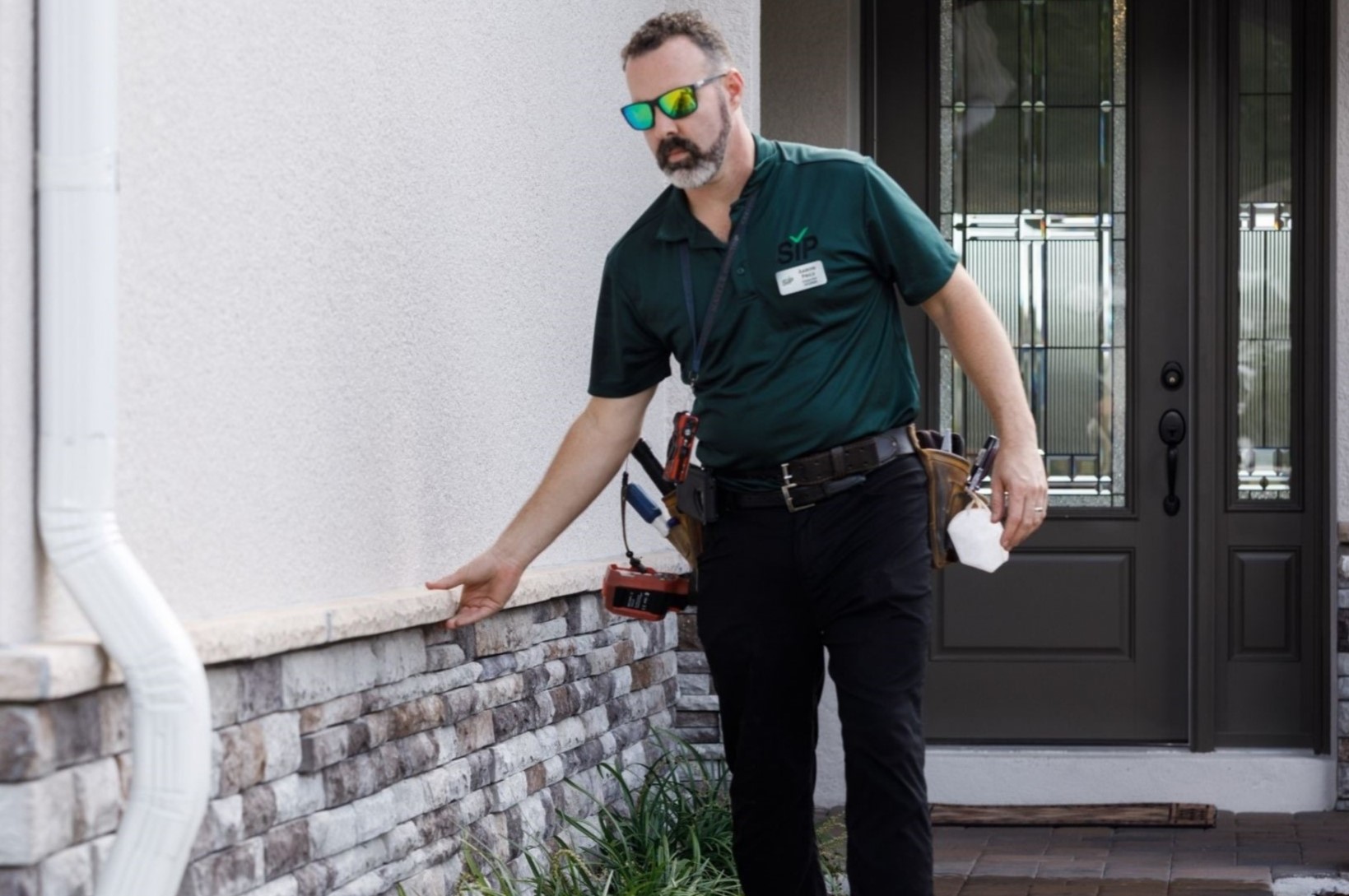

Home Maintenance
When To Do A Home Inspection On New Construction
Modified: March 6, 2024
Learn when it's crucial to conduct a home inspection on recently-built properties. Ensure your home maintenance is on point with timely inspections.
(Many of the links in this article redirect to a specific reviewed product. Your purchase of these products through affiliate links helps to generate commission for Storables.com, at no extra cost. Learn more)
Introduction
Welcome to the world of new construction! Building a brand-new home is an exciting journey filled with countless decisions, from choosing the right floor plan to selecting finishes that reflect your unique style. While the process can be thrilling, it is essential not to overlook the importance of home inspections on new construction.
Many homeowners believe that a home inspection is only necessary when purchasing a pre-existing home. However, having a professional inspector evaluate your new construction can provide invaluable insights and peace of mind. In this article, we will explore the benefits of home inspections on new construction, the ideal timing for scheduling an inspection, the importance of pre-drywall inspections, what to expect during the inspection process, and common issues that may be discovered.
So, whether you are a first-time homebuyer or a seasoned homeowner, buckle up and let’s dive into the world of home inspections on new construction!
Key Takeaways:
- Don’t overlook new construction home inspections! They uncover hidden issues, ensure safety, and provide negotiating power. Schedule pre-drywall and final inspections for peace of mind.
- Home inspections on new construction help identify defects, ensure proper installation, and prevent future problems. Choose a qualified inspector for a thorough evaluation and confident homeownership.
Benefits of Home Inspections on New Construction
When it comes to purchasing a newly built home, you might think that a home inspection is unnecessary. After all, everything is brand-new and should be in perfect condition, right? While it’s true that new construction typically undergoes rigorous quality control, there are several compelling reasons why conducting a home inspection on new construction is still highly recommended.
1. Identifying Construction Defects: Even with the best builders and quality control processes in place, mistakes can happen during the construction of a new home. A professional home inspector can identify any construction defects or code violations that might have been overlooked, ensuring that they are addressed before you move in.
2. Ensuring Safety and Structural Integrity: A comprehensive home inspection will assess the safety and structural integrity of your new home. This includes checking the foundation, roof, electrical systems, plumbing, HVAC, and more. By uncovering any potential issues early on, you can address them promptly and prevent more significant problems down the line.
3. Verifying Proper Installation: A home inspector can verify that critical systems, such as plumbing and electrical, are installed correctly and meet code requirements. This helps avoid potential hazards, such as faulty wiring or plumbing leaks, that could lead to expensive repairs or safety hazards in the future.
4. Peace of Mind: Investing in a new home is a significant financial commitment, and a home inspection can provide you with peace of mind. Knowing that your new home has been thoroughly inspected and is in optimal condition can alleviate any concerns you might have about potential hidden issues.
5. Negotiating Power: If any issues are found during the home inspection, you can negotiate with the builder to have them addressed before closing. This can save you money on repairs and ensure that your new home is perfect from day one.
6. Educating Homeowners: A home inspection on new construction is also an educational experience. Your inspector can show you how to properly maintain and care for your new home, offering tips and advice that will help you prolong the lifespan of your systems and appliances.
Remember, even the best builders can overlook minor issues during the construction process. Having a home inspection on your new construction offers a critical second set of eyes to ensure the highest quality and safety standards are met.
When to Schedule a Home Inspection
Scheduling a home inspection on your new construction at the right time is crucial to ensure that the inspection is thorough and effective. Here are a few key considerations to keep in mind when determining the ideal timing for your home inspection:
1. Pre-Drywall Inspection: One optimal time to schedule a home inspection is during the pre-drywall phase. This inspection takes place after the framing, plumbing, electrical, and HVAC systems have been installed but before the walls and ceilings are closed up with drywall. Conducting this inspection allows the inspector to assess the structural components, wiring, plumbing, and HVAC systems that will be concealed once the drywall is installed. It provides an opportunity to identify any issues before they become hidden and harder to address.
2. Final Inspection: The final home inspection should be scheduled once construction is complete, and all systems are fully operational. This inspection covers all aspects of the home, including the exterior, interior, and major systems. The purpose of the final inspection is to ensure that everything meets the required standards and is functioning correctly before you take possession of the home.
3. Weather Considerations: It is important to consider the weather conditions when scheduling your inspection. For example, if you live in an area with extreme temperatures, scheduling the pre-drywall inspection during the summer or winter may reveal potential issues related to insulation or HVAC system performance. Additionally, scheduling the final inspection during a rainy season can help identify any potential water intrusion issues.
4. Allow Sufficient Time for Repairs: Depending on the findings of the inspection, you may need to negotiate repairs with the builder before closing. Therefore, it is essential to schedule your home inspection with enough time for any necessary repairs or corrections to be made before your move-in date.
5. Coordinate with the Builder: It’s important to coordinate the timing of the home inspection with the builder. This ensures that the inspector can access the property and that the builder has completed all necessary construction tasks for an effective inspection.
Remember, the timing of your home inspection is critical to identify any issues and ensure that they are addressed before you take ownership of your new home. By scheduling inspections during key phases of construction, you can have peace of mind that your home is built to the highest standards of quality and safety.
Importance of Pre-Drywall Home Inspections
One crucial stage of the home inspection process for new construction is the pre-drywall inspection. This inspection is conducted before the walls and ceilings are closed up with drywall, allowing the inspector to thoroughly assess the structural components and systems that will be concealed once the construction is complete. Here are a few reasons why pre-drywall home inspections are of utmost importance:
1. Identifying Hidden Issues: During the pre-drywall phase, the skeleton of your home is exposed, providing an opportunity for the inspector to identify any hidden issues that might be challenging to detect once the walls are covered. This includes checking for proper installation of electrical wiring, plumbing, and HVAC systems, as well as inspecting the framing, insulation, and ventilation systems. Uncovering potential issues early on allows you to address them before they become more difficult and expensive to fix.
2. Verifying Compliance with Building Codes: Building codes are in place to ensure the safety and structural integrity of homes. A pre-drywall inspection helps ensure that your home is being built in compliance with these codes. By identifying any code violations during the inspection, you can ensure that necessary corrections are made before the construction progresses further.
3. Checking Quality of Workmanship: The pre-drywall inspection provides an opportunity to evaluate the quality of workmanship performed by the builders and subcontractors. Any deficiencies or areas that do not meet industry standards can be identified and addressed before proceeding with the construction. This helps maintain the overall quality and durability of your new home.
4. Preventing Future Problems: Addressing potential issues before the drywall is installed can help prevent future problems. For example, if insulation is not properly installed, it can lead to energy inefficiencies, moisture intrusion, and comfort issues. By catching these issues early on, you can ensure that your home is properly insulated and protected against the elements.
5. Providing Peace of Mind: A pre-drywall inspection offers peace of mind by assuring you that your new home is being built to the highest standards of quality, safety, and functionality. Knowing that a professional inspector has thoroughly examined the crucial components of your home provides confidence in the construction process and the final product.
Remember, the pre-drywall home inspection is a crucial step in ensuring the quality, safety, and durability of your new construction. By identifying any issues early on, you can mitigate potential problems and have peace of mind knowing that your new home is being built with meticulous attention to detail.
Schedule a home inspection on new construction before the final walk-through. This will help identify any issues before closing and give the builder time to make any necessary repairs.
What to Expect During a Home Inspection on New Construction
When scheduling a home inspection on your new construction, it’s important to know what to expect during the inspection process. While the specific details may vary depending on the inspector and the scope of the inspection, here is a general overview of what you can anticipate during a home inspection on new construction:
1. Exterior Inspection: The inspector will start by evaluating the exterior of your home, including the foundation, walls, siding, roofing, windows, and doors. They will check for any signs of damage, improper installation, or potential issues that may affect the stability and weatherproofing of the structure.
2. Interior Inspection: Next, the inspector will move indoors to assess the interior components of your home. This includes inspecting the walls, ceilings, floors, stairs, and any built-in features. They will be looking for any visible defects or signs of poor workmanship.
3. Plumbing System Inspection: The inspector will thoroughly examine the plumbing system, including the pipes, water supply lines, fixtures, drains, and water heaters. They will check for any leaks, improper installation, or potential issues that could affect water flow or cause water damage.
4. Electrical System Inspection: The electrical system will be carefully examined to ensure it meets safety standards and code requirements. The inspector will check the electrical panel, wiring, outlets, switches, and lighting fixtures for any signs of defects, hazards, or improper installations.
5. HVAC System Inspection: Your heating, ventilation, and air conditioning (HVAC) system will be inspected to ensure it is installed correctly and functioning properly. The inspector will assess the equipment, ductwork, and ventilation systems to determine if any repairs or adjustments are necessary.
6. Appliances and Fixtures: If applicable, the inspector will test major appliances and fixtures, such as ovens, stoves, dishwashers, and bathroom fixtures, to ensure they are in proper working order.
7. Documentation and Reporting: Throughout the inspection, the inspector will document their findings, taking photographs and notes to include in the final inspection report. The report will detail any issues discovered during the inspection, providing you with a comprehensive understanding of the condition of your new home.
8. Q&A and Recommendations: At the end of the inspection, the inspector will review the findings with you, answering any questions you may have. They may also provide recommendations for repairs or improvements based on their observations and expertise.
Remember, a home inspection on your new construction is an opportunity to evaluate the quality and condition of your home before you move in. It is essential to choose a qualified and experienced inspector who will provide a thorough examination and a detailed report to help you make informed decisions about your new home.
Common Issues Found During Home Inspections on New Construction
While new construction homes are meticulously built, it’s not uncommon for home inspectors to discover issues during the inspection process. These issues, if left unaddressed, can potentially lead to more significant problems down the line. Here are some common issues that home inspectors often find during inspections on new construction:
1. Plumbing Problems: Plumbing issues can range from minor leaks to improper pipe installations. Inspectors commonly find issues such as loose connections, inadequate water pressure, faulty fixtures, or drainage problems. Identifying these issues early on can prevent water damage and ensure the proper functioning of your plumbing system.
2. Electrical Deficiencies: Electrical problems can include issues with wiring, circuit breakers, or outlets. Inspectors may find overloaded circuits, improper grounding, or faulty electrical installations. It’s crucial to address these issues promptly to avoid safety hazards, electrical malfunctions, or potential fires.
3. HVAC System Complications: Inspectors may discover problems with the heating, ventilation, and air conditioning (HVAC) system. This can include inefficient or improper installation, inadequate insulation, or issues with ductwork. Ensuring that your HVAC system is functioning properly is essential for temperature control, energy efficiency, and indoor air quality.
4. Insufficient Insulation: Inadequate insulation can lead to temperature inconsistencies, energy loss, and increased utility bills. Inspectors may find gaps in insulation or areas without proper coverage, which can be addressed to improve energy efficiency and comfort in your home.
5. Roofing and Exterior Concerns: Issues with the roof, siding, or exterior components can be discovered during the inspection. This can include improper installation, poor ventilation, or signs of water intrusion. Detecting these problems early on can prevent water damage, mold growth, and other costly repairs.
6. Structural Defects: Inspectors pay close attention to the structural components of your home, including the foundation, walls, and framing. They may identify issues such as cracks in the foundation, uneven floors, or subpar construction techniques. Addressing these problems promptly is essential to ensure the stability and longevity of your home.
7. Improper Grading and Drainage: Poor grading and drainage can lead to water pooling around the foundation, which can cause serious damage over time. Inspectors may identify issues such as improper sloping or inadequate drainage systems that require corrective measures to prevent water-related issues.
8. Inadequate Ventilation: Proper ventilation is crucial to maintain good indoor air quality and prevent moisture-related problems, such as mold and mildew growth. Inspectors may identify areas of inadequate ventilation, such as poorly vented attics or bathrooms, and provide recommendations for improvement.
It’s important to note that not all new construction homes will have these issues, and the severity can vary. However, a comprehensive home inspection will help identify any potential concerns so that they can be addressed before they become more significant problems.
Closing Thoughts
Congratulations on your new construction home! The process of building a brand-new home is exciting, but it also comes with the responsibility of ensuring that your investment is sound and built to the highest standards. By scheduling a home inspection on your new construction, you can gain peace of mind knowing that your home has been thoroughly evaluated by a professional inspector.
Home inspections on new construction provide numerous benefits, including identifying construction defects, ensuring safety and structural integrity, verifying proper installation of critical systems, and providing negotiating power. In addition, pre-drywall inspections play a crucial role in uncovering hidden issues before they become concealed.
During the home inspection process, you can expect the inspector to examine the exterior and interior of your home, assess plumbing, electrical, and HVAC systems, test appliances and fixtures, and provide a comprehensive report detailing their findings. This report will empower you to make informed decisions and address any issues with the builder before closing.
While it’s common to discover some issues during home inspections on new construction, the important thing is that they are identified early on and can be resolved promptly. By addressing these issues, you can ensure the quality, safety, and durability of your new home for years to come.
Remember, choosing a qualified and experienced home inspector is essential to ensure a thorough evaluation of your new construction. Take the time to research inspectors and ask for recommendations to find someone you trust to provide an unbiased assessment.
In closing, conducting a home inspection on your new construction is a vital step in protecting your investment and ensuring that you have a safe and well-built home. By being proactive and addressing any issues found during the inspection process, you can enjoy your new home with confidence and peace of mind.
Frequently Asked Questions about When To Do A Home Inspection On New Construction
Was this page helpful?
At Storables.com, we guarantee accurate and reliable information. Our content, validated by Expert Board Contributors, is crafted following stringent Editorial Policies. We're committed to providing you with well-researched, expert-backed insights for all your informational needs.
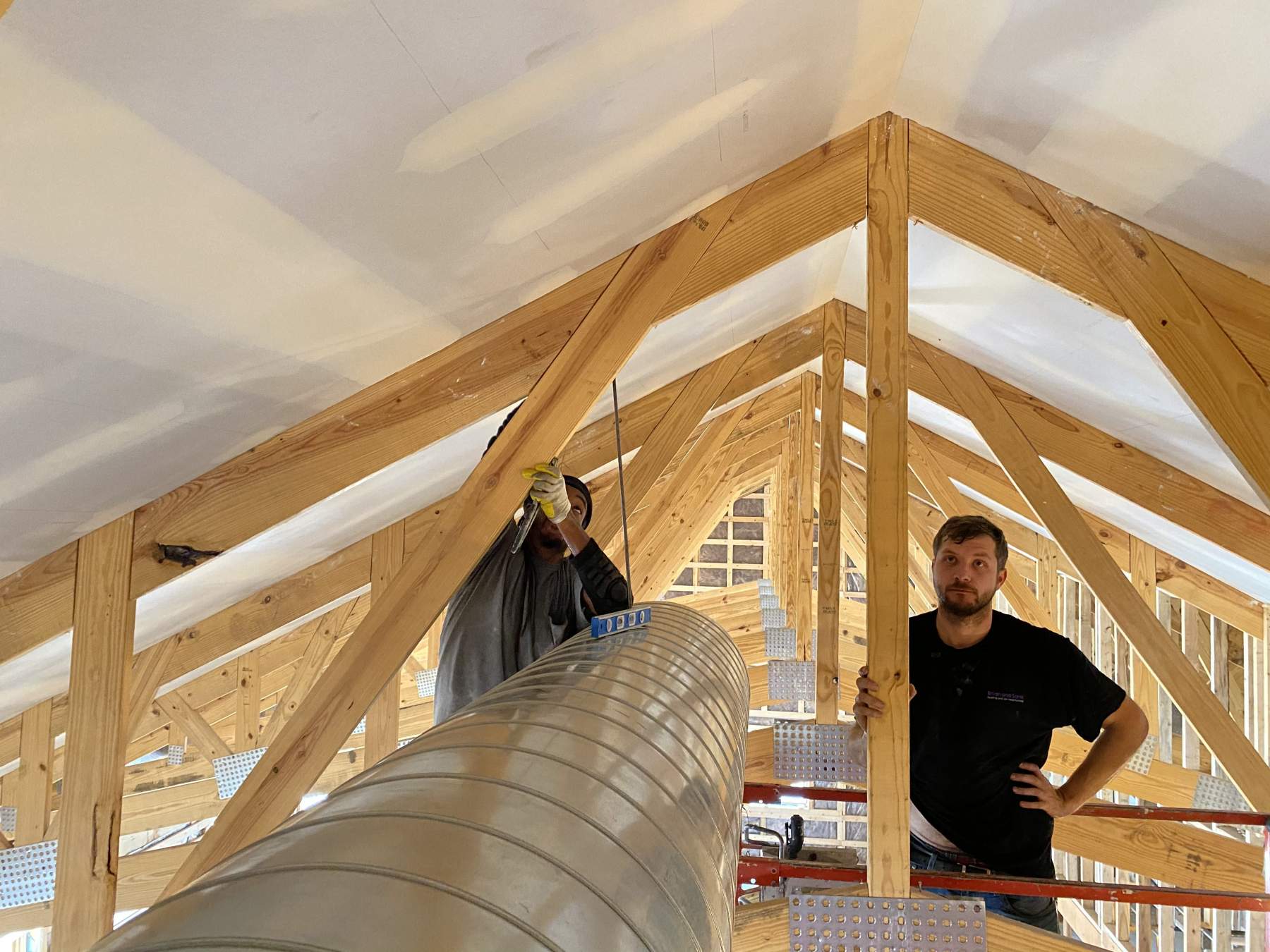
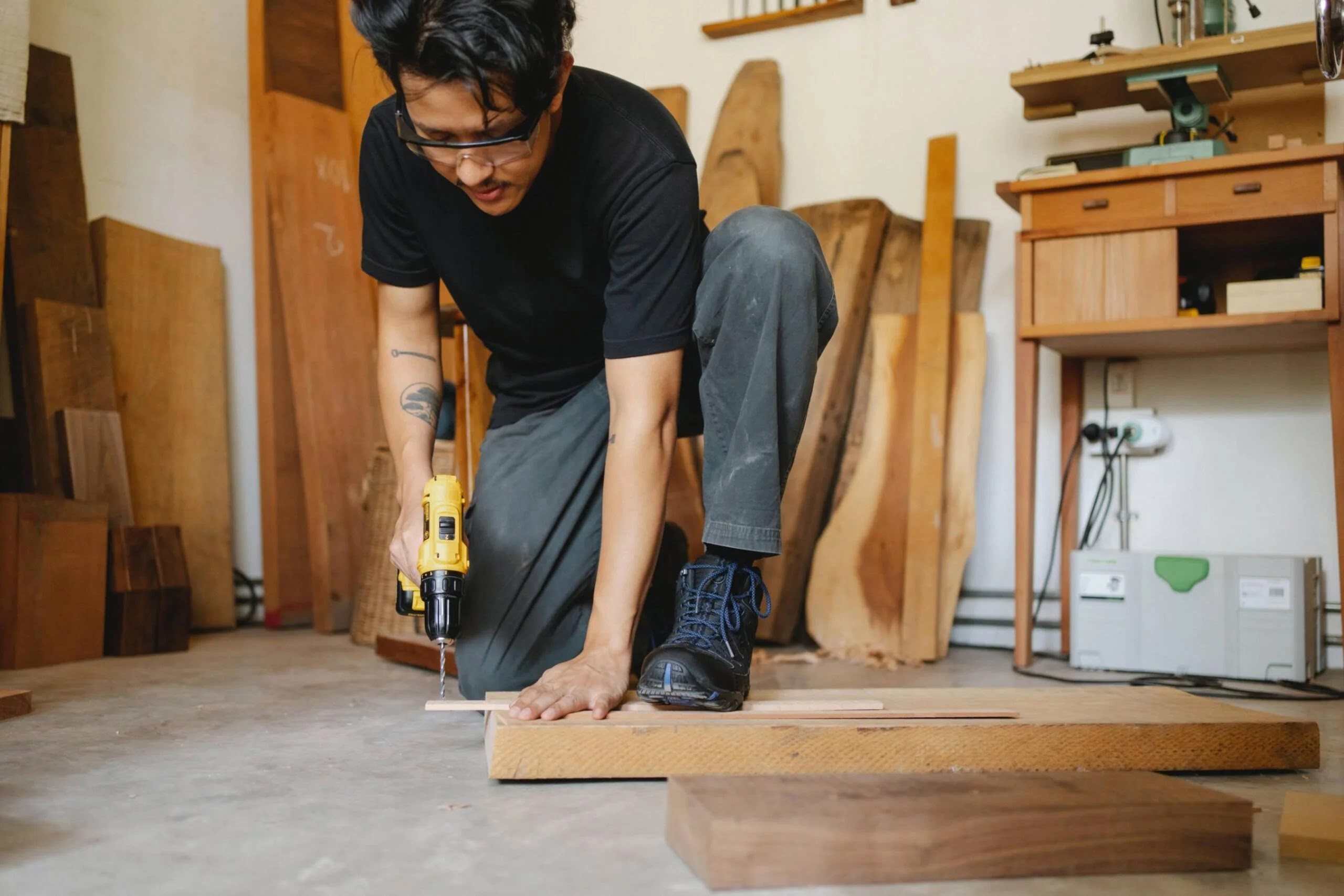
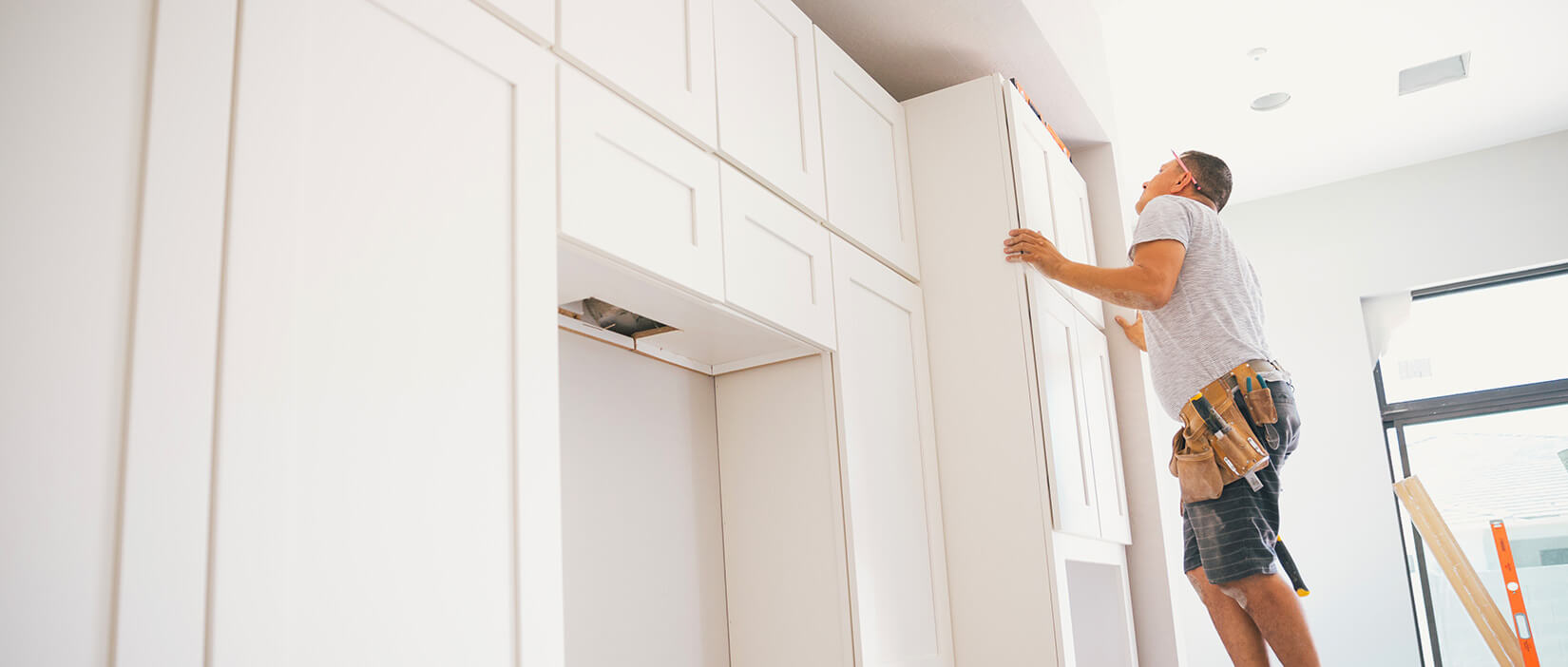
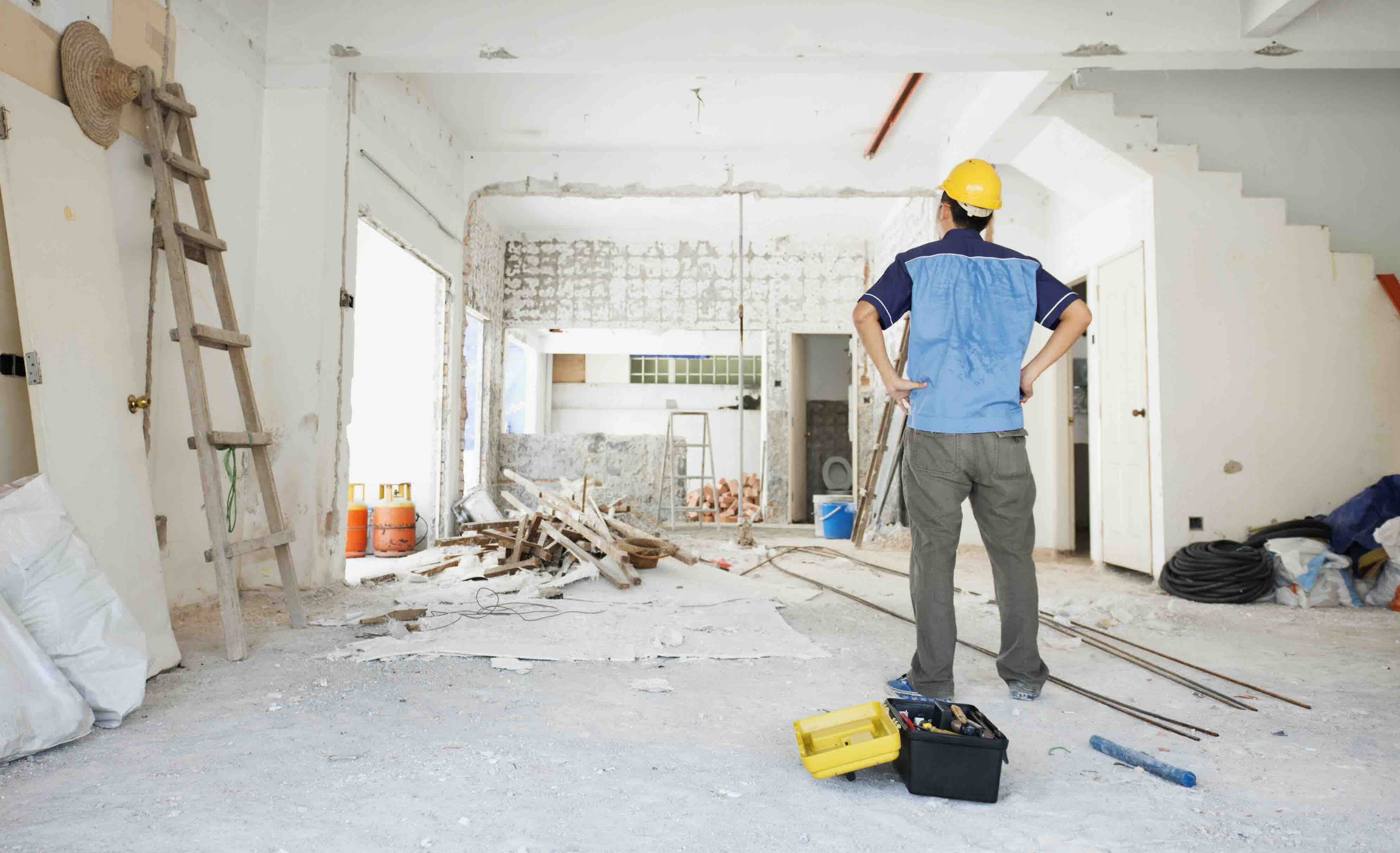
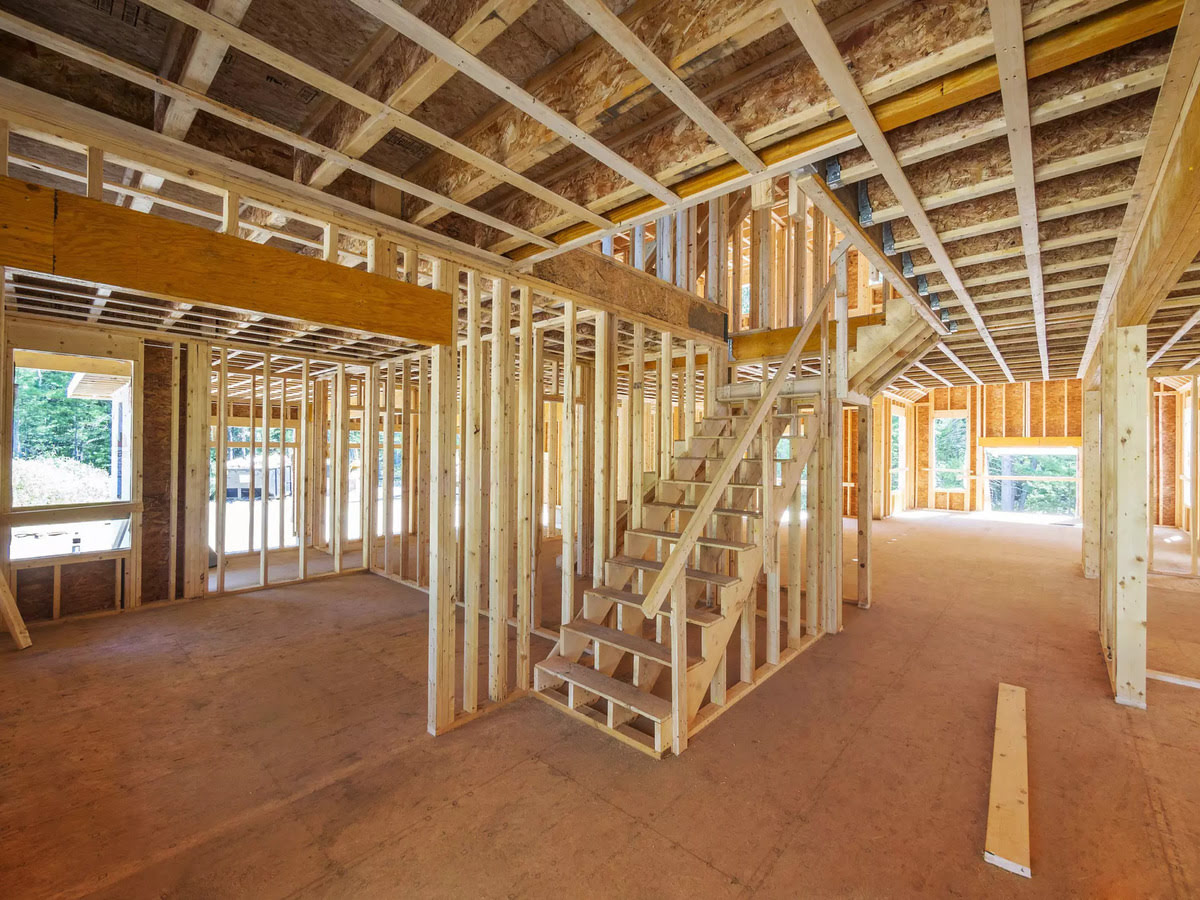
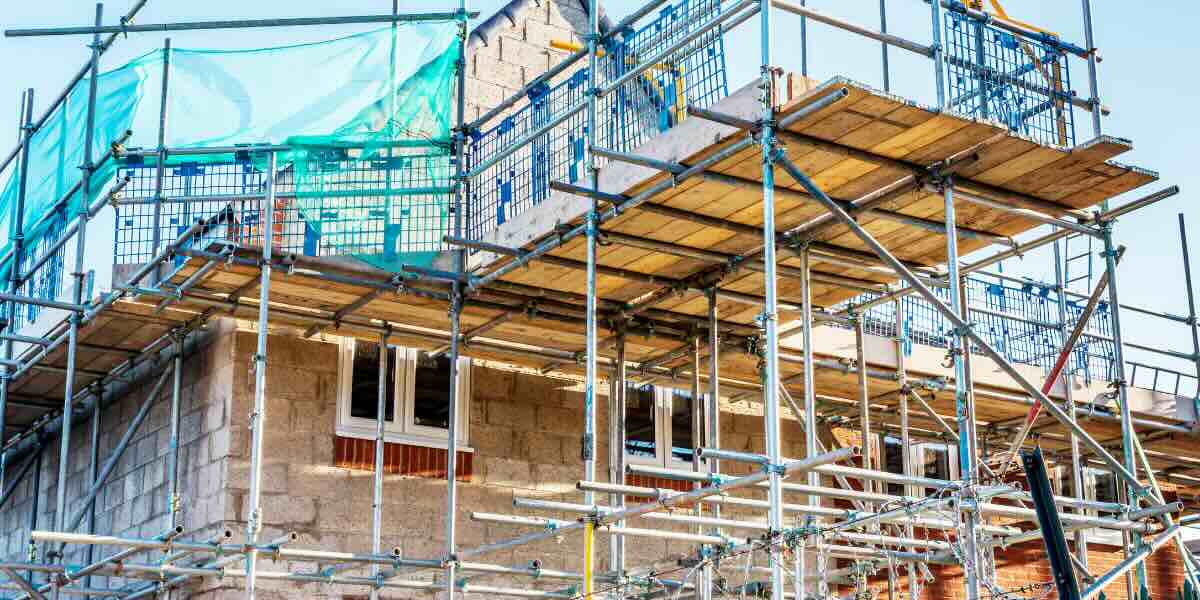
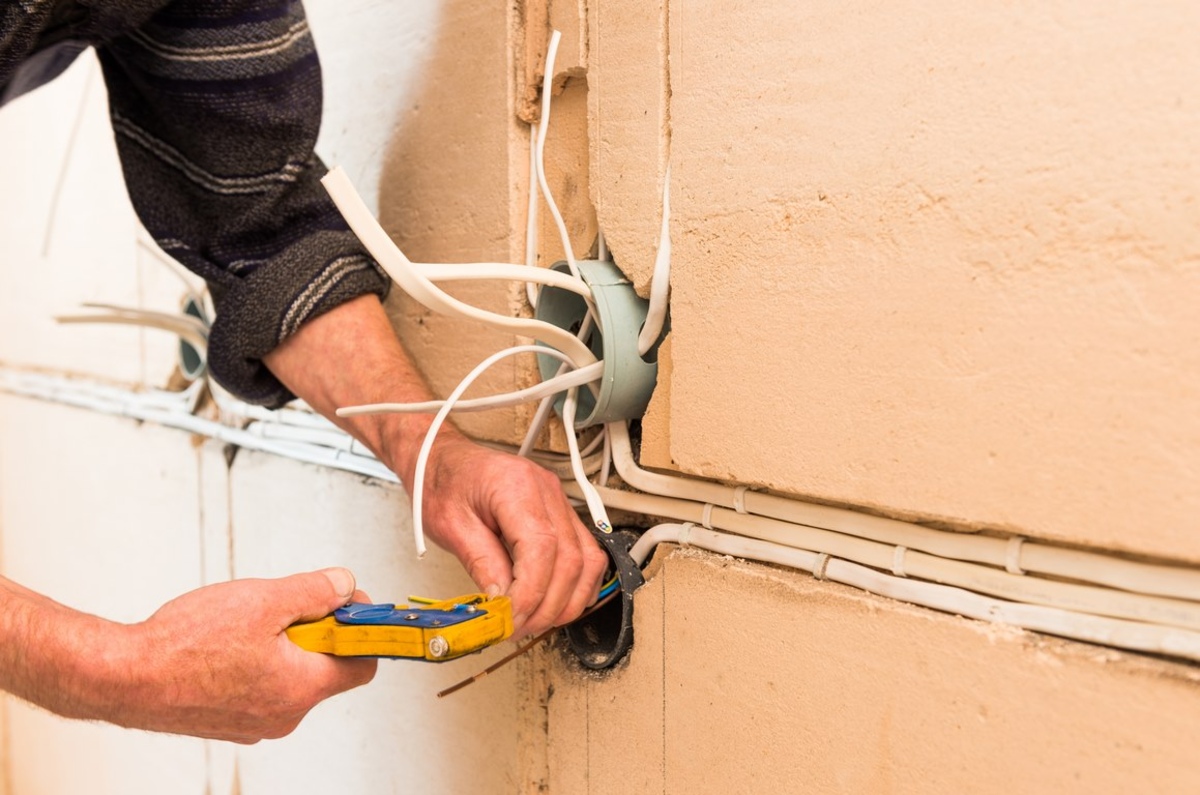
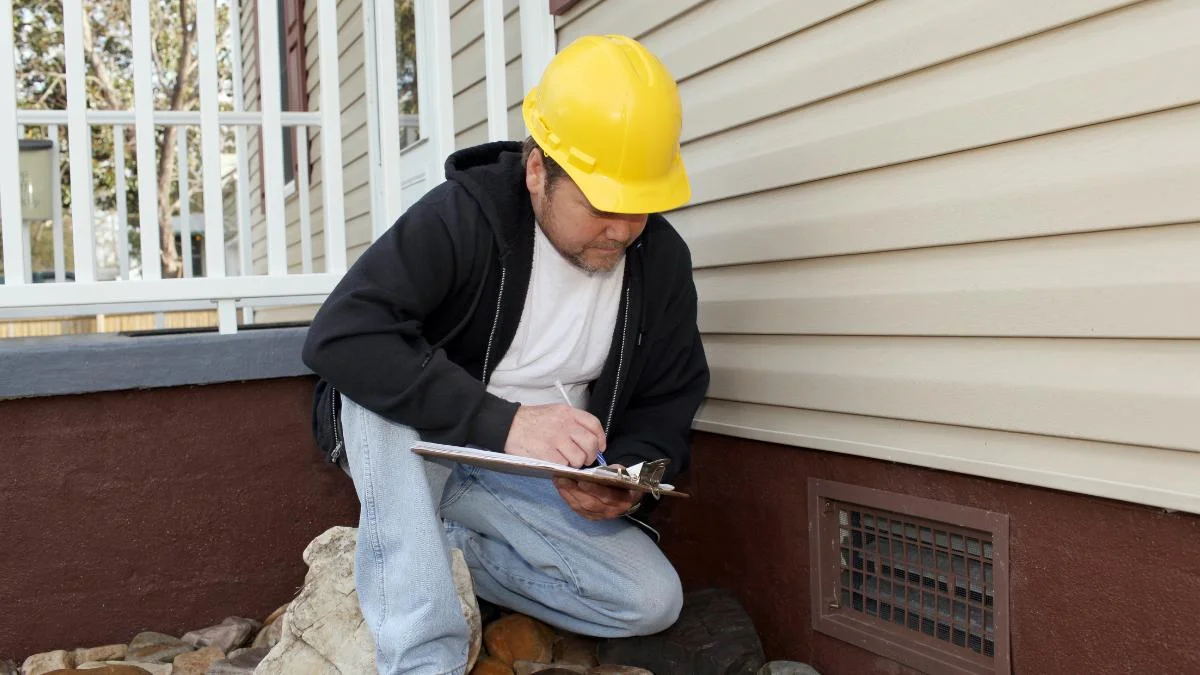
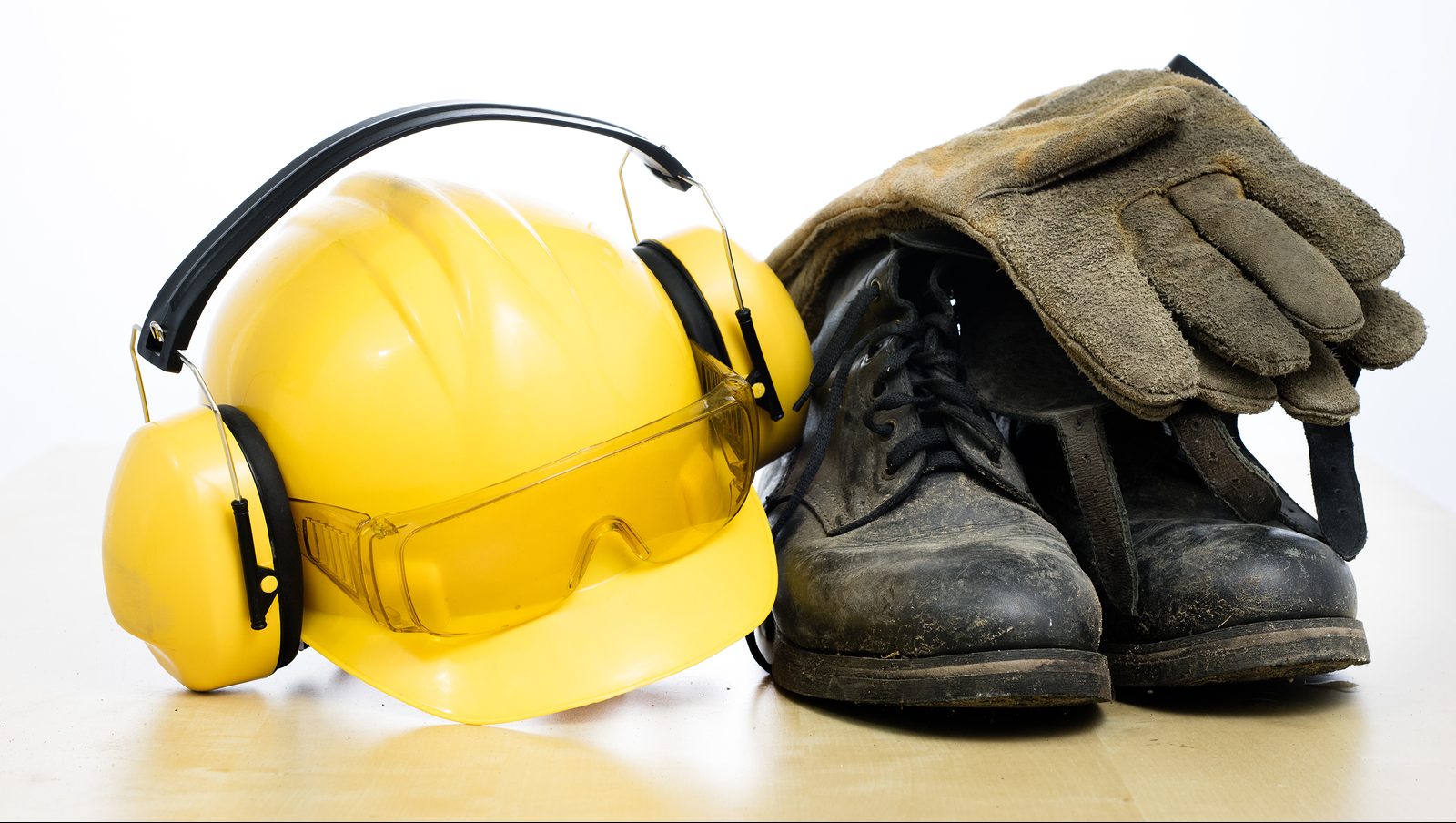
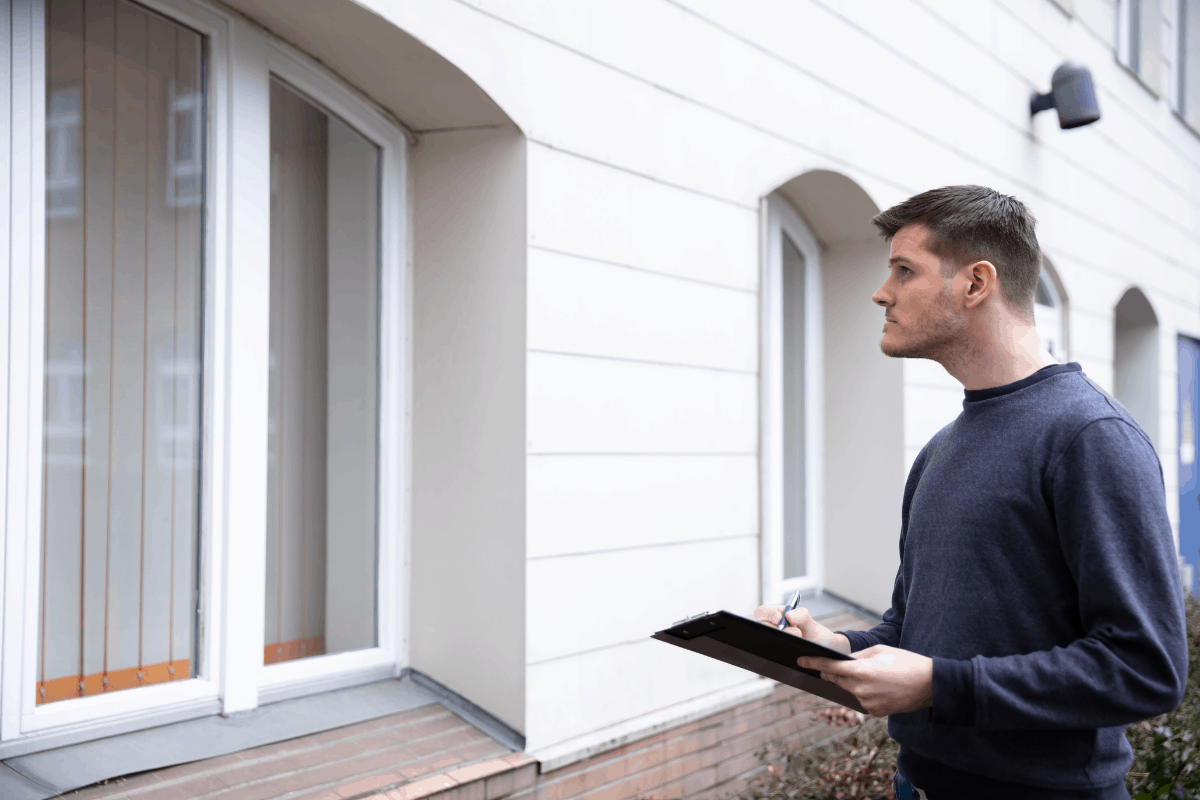
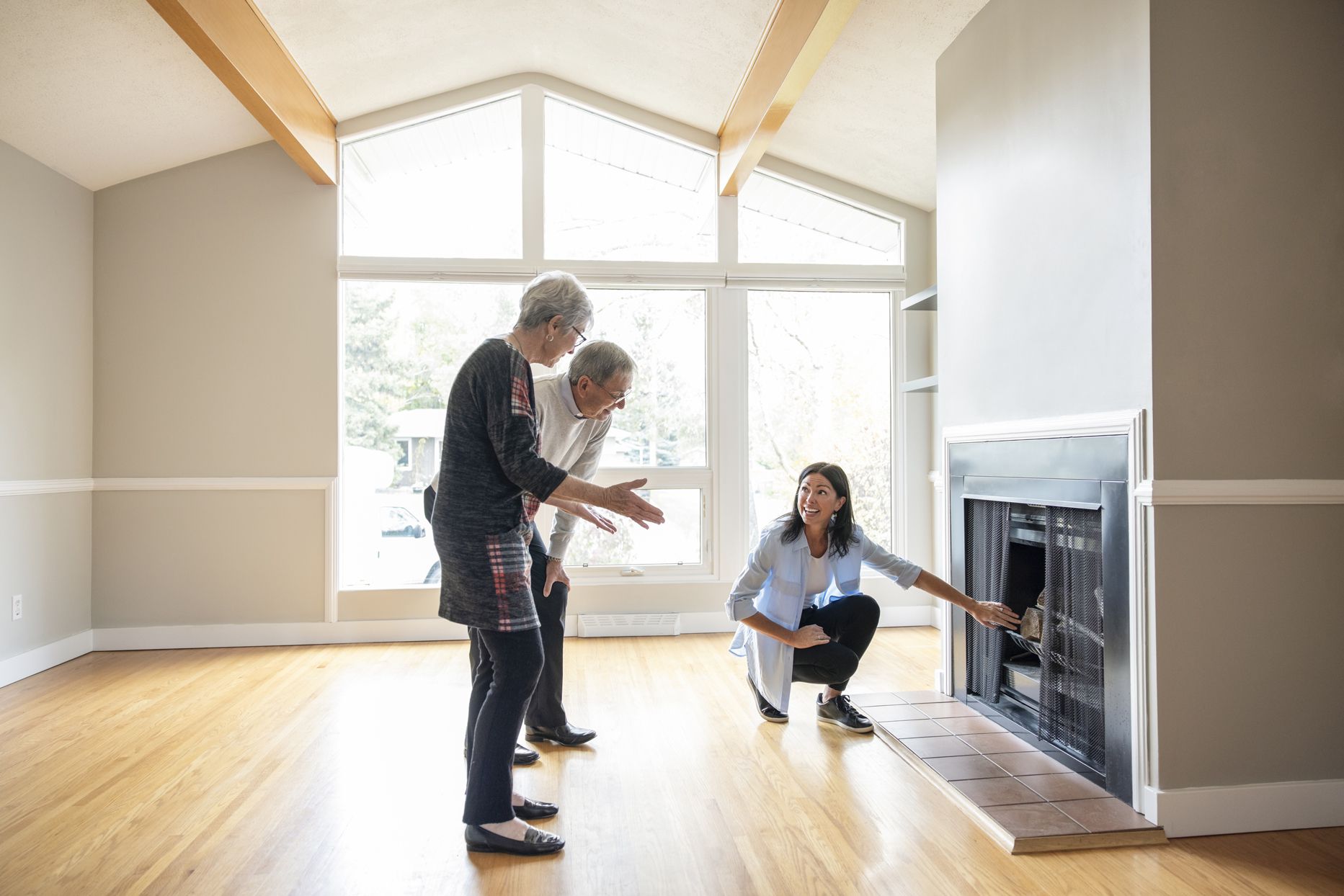
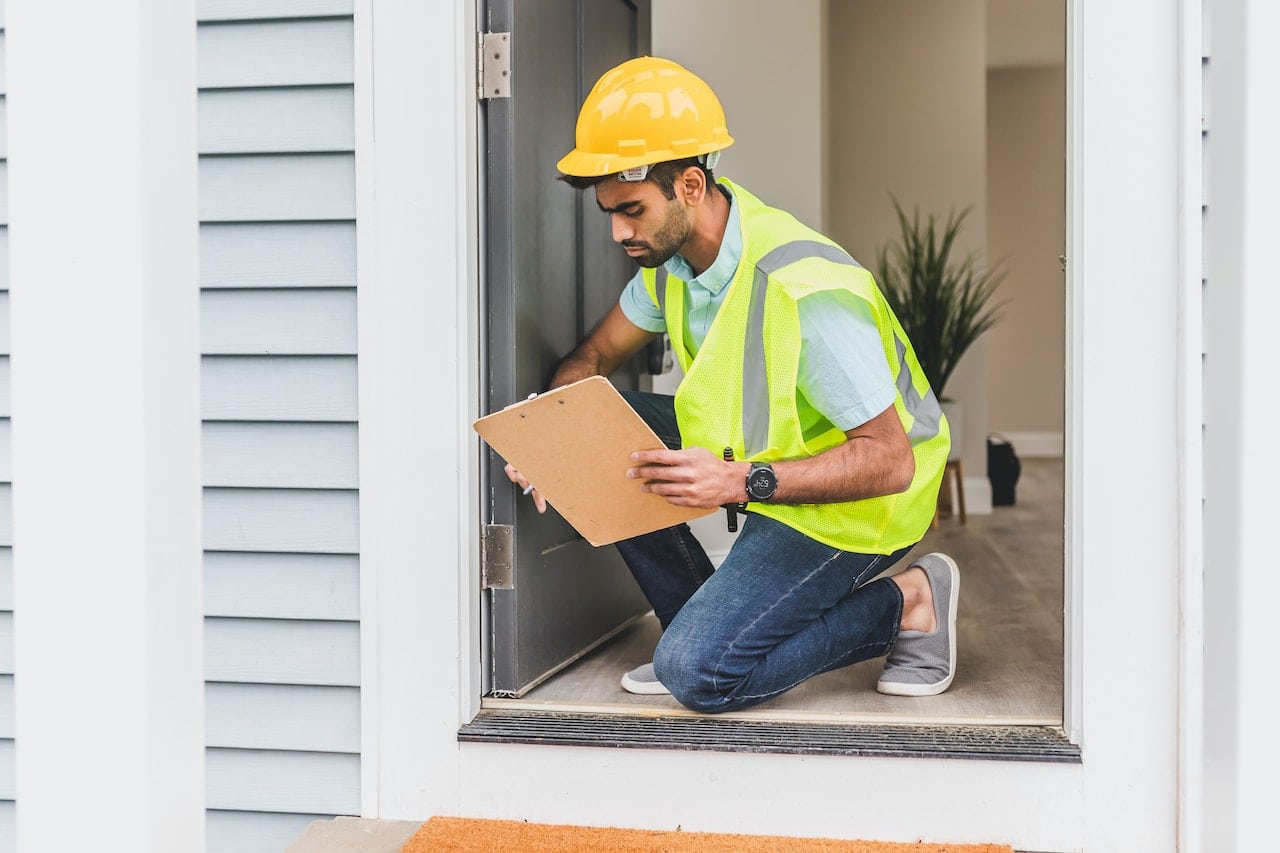
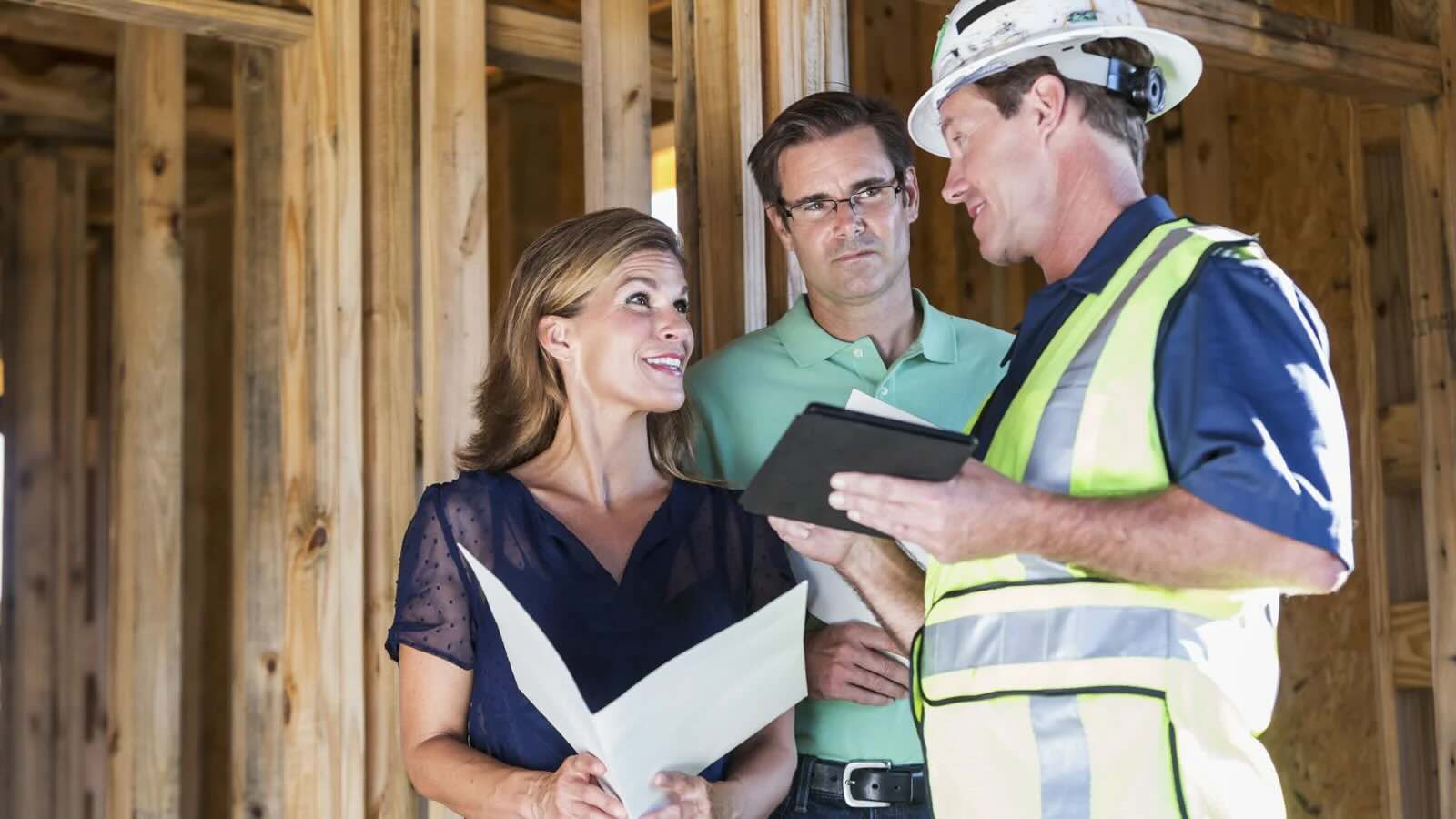
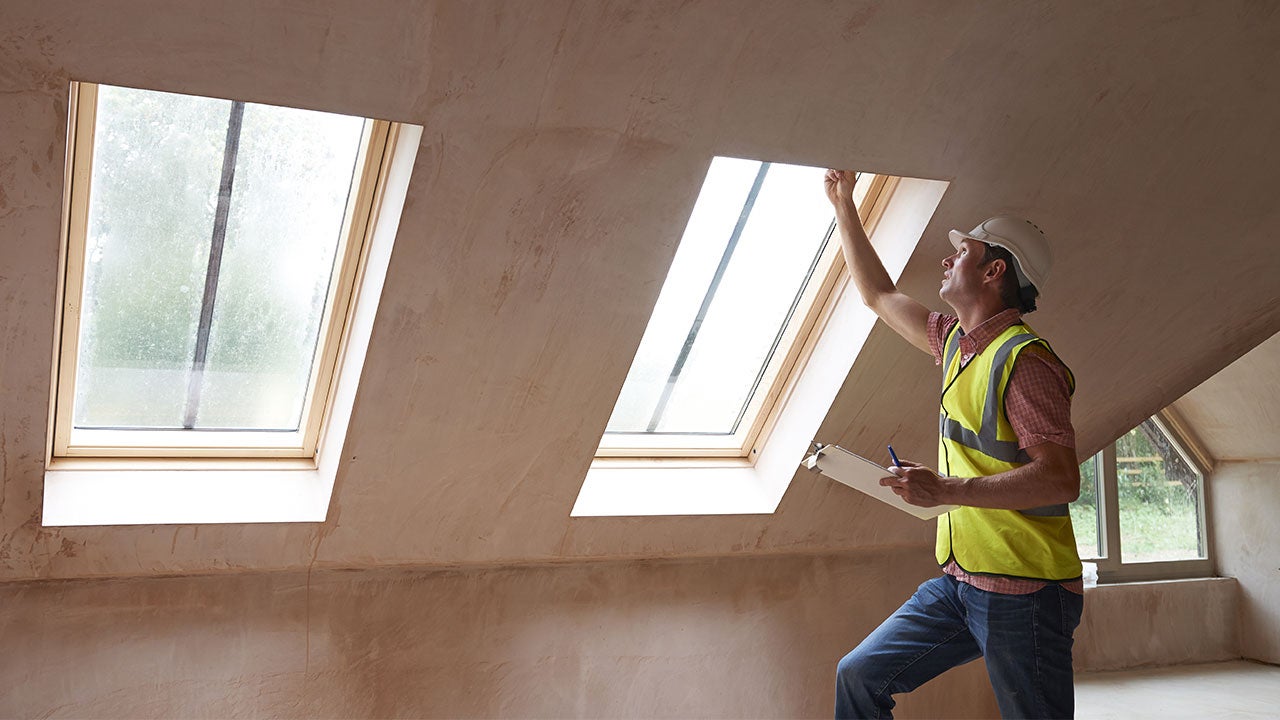

0 thoughts on “When To Do A Home Inspection On New Construction”